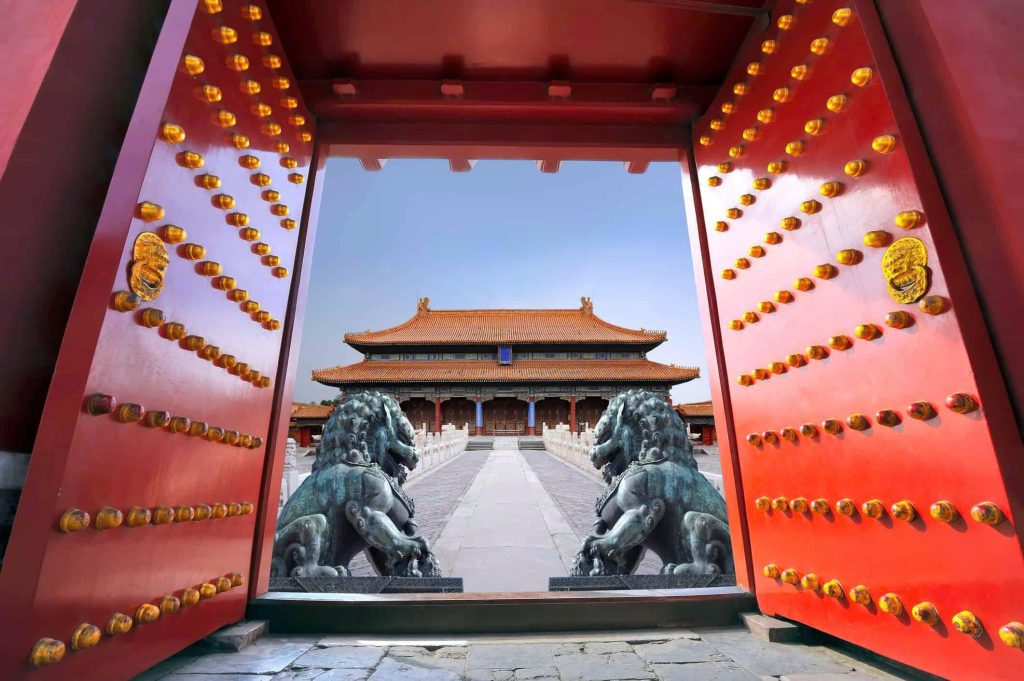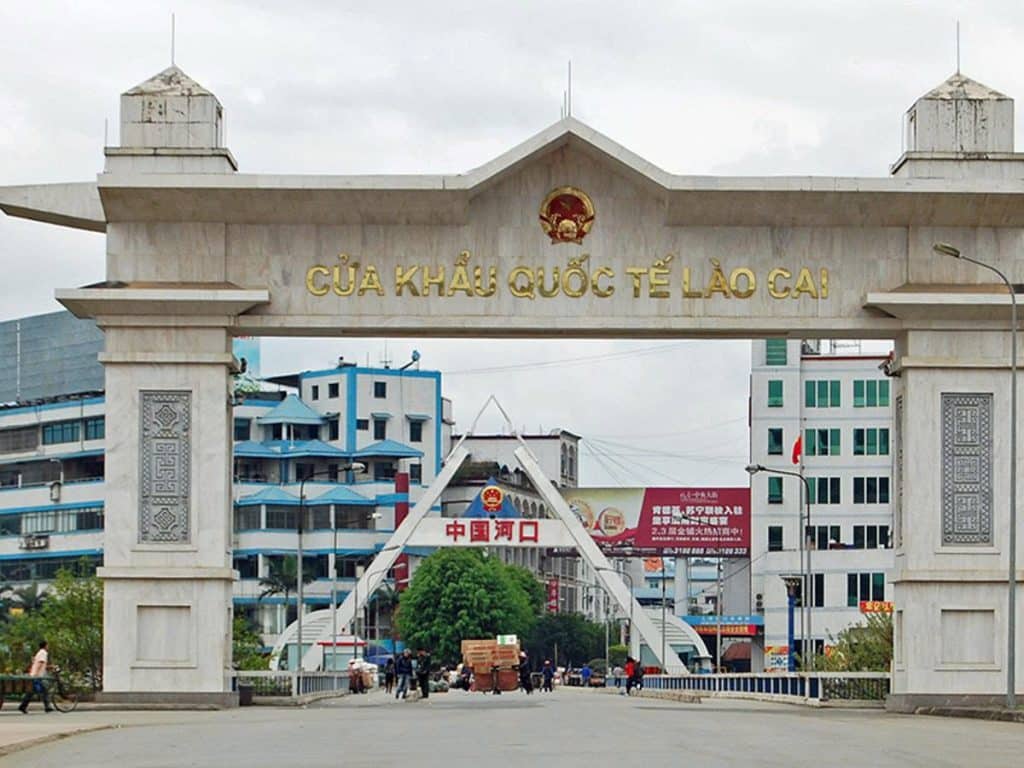Are you planning an incredible trip to China? As an international traveler, a journey to this vast and ancient land is an adventure like no other. However, preparing for your visit requires careful planning to navigate its unique systems and cultural nuances. This guide, written from a traveler’s perspective, provides you with the essential tips and practical advice you need to ensure a smooth and unforgettable experience.
1. Navigating Visas and Entry Requirements
Your first step to a successful trip begins long before you pack your bags. Understanding the visa process is critical.
- Visa Application: Most nationalities require a tourist visa (L visa) to enter China. The application process typically involves submitting your passport, a recent photo, a completed application form, and proof of your itinerary, such as flight reservations and hotel bookings. It’s a good idea to begin this process at least two months ahead of time.
- Transit Visa Exemption: Some travelers may be eligible for a visa-free transit stay, allowing them to visit for a short period (24, 72, or 144 hours) if they are transiting through specific cities like Shanghai, Beijing, or Guangzhou to a third country. This is a great option for a brief layover.
- Passport Validity: Ensure your passport has at least six months of validity remaining from your date of entry and at least two blank pages.
2. Mastering Connectivity: The Internet and Communication

Staying connected is a major concern for many international visitors due to China’s “Great Firewall.” Here’s how to prepare:
- The Great Firewall & VPNs: Major Western websites and apps like Google, Facebook, Instagram, WhatsApp, and Twitter are blocked. To access these services, you must use a Virtual Private Network (VPN).
- Tip: Download and install your VPN app before you arrive in China. Top recommendations often include ExpressVPN or NordVPN, as they are known for their reliability.
- SIM Cards and eSIMs: You can purchase a local SIM card upon arrival for mobile data. Alternatively, consider using an international eSIM provider for convenience. This allows you to have a data connection without a physical SIM card.
- WiFi Access: While many hotels, cafes, and restaurants offer free WiFi, they may require a local phone number for authentication. Your VPN will be essential for using these networks.
3. The Digital Wallet: Payments and Currency

China is a cashless society, and mobile payments dominate. Carrying a lot of cash is not recommended, and credit cards are rarely accepted for daily purchases.
- WeChat Pay and Alipay: These are the two primary mobile payment apps in China. They are used for everything from street food stalls to major department stores.
- Tip: Download both apps before your trip. Link your international credit card (Visa or MasterCard) to the app. Note that some foreign cards may have issues, but this feature has improved significantly.
- Cash and ATMs: It’s still wise to have a small amount of cash (Chinese Yuan – CNY) for smaller vendors or emergencies. Most major banks (like ICBC) and ATMs in cities accept international debit cards.
- Tipping: Tipping is not a customary practice in China and is often considered a polite refusal.
4. Getting Around: Transportation in China

China’s transportation system is incredibly efficient and modern, making travel between cities and within them very easy.
- High-Speed Rail: The China Railway High-speed (CRH) network is a fast and comfortable way to travel long distances. Booking tickets online in advance is highly recommended, especially during holidays.
- Ride-sharing and Taxis: The ride-sharing app Didi is the Chinese equivalent of Uber and is the most convenient way to get a car. Taxis are also plentiful and can be hailed on the street.
- Subway/Metro: Major cities like Beijing, Shanghai, and Chengdu have extensive and easy-to-use subway systems. Announcements and signs are typically provided in both Chinese and English.
RELATED: Top 5 Cities to Visit in China for First-Timers
5. Cultural Etiquette: Respecting Local Norms

Showing respect for local customs will enrich your travel experience and avoid misunderstandings.
- Greetings: A simple nod or handshake is common. It’s polite to use both hands when giving or receiving an item.
- Dining: When using chopsticks, do not stick them upright in your rice bowl, as this resembles an offering at a funeral.
- Language Barrier: While English is becoming more common in major cities, it is not widely spoken. Learning a few basic Mandarin phrases will go a long way. Consider using a translation app like Google Translate with its offline feature.
RELATED: Ultimate China Travel Guide: Visa, Costs, and Tips 2026
China is a country of breathtaking landscapes, rich history, and vibrant culture. From the ancient wonders of the Forbidden City and the Great Wall of China to the futuristic skylines of Shanghai, your journey will be filled with incredible sights. Be open to new experiences, be patient, and remember that a little preparation can make all the difference.

















